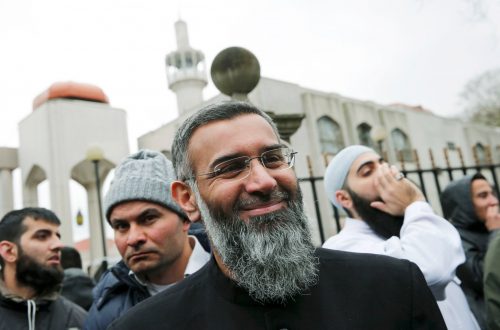This is a guest post by Luciana Berger
The debate around Open Primaries (OPs) is getting a lot of attention following the Tories’ experiment in Totnes. In spirit I don’t think it’s a bad idea, in practise there are four big reasons why I believe it would be a disaster.
Firstly, who’s going to pay for it? The administration alone of sending out ballot papers to all 69,000 Totnes voters is reported to have cost CCHQ £40,000. Multiply that by the 646 seats across the UK, then by at least 3 different parties’ candidates to be selected per constituency and you’re looking at £78million every four years. The Tories have already said they’re concerned about the cost, which will impact on whether they decide to run the process again in another constituency. So the money will have to come out of local Council budgets. I’d rather that £78million went towards local services for the elderly and young. And all this expenditure is incurred before the candidates themselves have spent anything on their campaign.
Which leads me onto my second point. How will the cost to the candidate of standing in OPs affect the pool of people putting themselves forward? In particular what will be the impact on younger people and female prospective candidates? It already costs around £2,000 to run an effective 12 week selection campaign; Kerry McCarthy MP tweeted the other day that it cost a whopping £4,000 for her short selection campaign in 2005. And that’s “only” having to communicate with anything from 200-1,000 constituency labour party members. If you want to send just one printed flyer to all possible voters you’re looking at £30,000. The result will a less diverse range of individuals prepared to stand, and therefore an elected chamber even less representative than the one we have today. As long as the UK remains distinct from the US, where political donations on a very large scale are not the norm, people will discount pursuing public office or candidates will be indebted to their family/trade union/local businesses/wealthy individuals prepared to sponsor them through very expensive OPs. I’m intrigued to see Dr Sarah Wollaston’s regulated donee Electoral Commission submission when it goes up in the next month or two – was she able to pay for her Totnes campaign herself? Maybe as a successful GP of 16 years she was. But what about candidates with lower incomes? We should be driving up the quality and diversity of parliamentary candidates, not introducing OPs which raise the barriers to entry.
Cost and diversity of candidates aside, my third concern is what is the benefit to the public of running OPs? The public hold politics and politicians in such low esteem already that all new measures pursued at this juncture to reengage and reconnect are crucial. Yes the Totnes process generated a 24% turnout, which is encouraging, although I’m sure there was a certain novelty factor involved. But let’s not forget that selection processes are a nasty business. I’ve often been appalled by some of the selection stories I’ve heard from people in all parties. If an OP was to clean up selections, that would be great. But if not, then you’re exposing a larger selectorate to one of the more unpleasant sides of politics. And what if the OP is very close and one candidate just pips it? A much wider group of people will be unhappy and possible disengage if their candidate isn’t selected (I’m not going to even go down the voting system path, will it be AV, STV, AV +1 etc). And will an OP ensure that if the candidate selected is then duly elected that he/she will hold regular MP surgeries every month during their 4 years or so in office? Will an OP process guarantee the MP will work hard to represent his/her constituency? Will OPs encourage more people to engage in national and local decision making processes? There are lots of other exciting proposals on the table, but I’m not convinced that OPs is the one reform which will really turn the public back on to politics.
My biggest concern of all is what introducing OPs will do, or won’t do, to help the Labour party. I agree that mainstream party systems are currently dying. But it doesn’t have to be terminal. I don’t subscribe to giving up on a 109 year heritage and diluting our politics. Yes we have to find brave and innovative ways to reinvigorate the membership offer to all existing quarters of the party. And create new ones. But to withdraw the privilege of selection away from members is to destroy one of the key benefits of Labour party membership.


